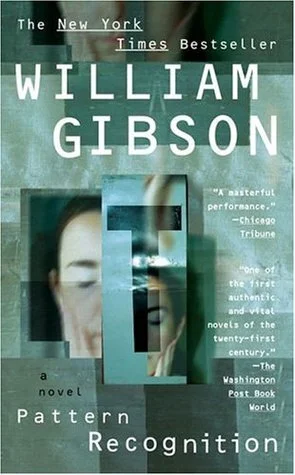Pattern Recognition by William Gibson is the first of a loose trilogy – called, alternatively, the Blue Ant or Bigend trilogy – that also includes Spook Country and Zero History. Pattern Recognition was released in 2003, and was set in the summer of 2002 – the events of September 11 form the backdrop for the plot, but are not center stage
Read MoreHere's a game: find a self-serious person in their thirties and, in conversation, refer to them as a millennial.
Read MoreIt was V. that brought me to Thrice, actually, and not the other way around. I distinctly remember having read V. already, and then, not that long after, being in a Wal-Mart in Bedford, PA and seeing Vheissu, their then-most recent album. I was stunned to see such an obvious reference to a novel I had first heard about from my father, who basically only remembered chapter 3, in which a character named Stencil does several “impressions” of not-himself, with each section of the chapter narrated by the person he’s pretending to be at the time. Also there’s like, robot secret agents or something, and everyone’s in Cairo in the late 19th century.
Read MoreThis piece is going up late, as I injured my hand last night (ironic, I know.) This past summer, Edgar and I played in an Eclipse Phase game run by a friend who was in the process of moving out of the country. We had a great deal of fun, and in the last session, just as our characters were about to confront an enemy that we would be unable to defeat, and the game master stopped the game.
“Let’s step outside for a cigarette,” he said. “I’d rather hang out with you guys than run this encounter.”
Read MoreIn fiction, and broadly in aesthetics, punk is largely anti-authoritarian but non-revolutionary. In the political compass sense, it tends towards the bottom or “libertarian” end (caveat: people who claim to be libertarian in the US political sense are not and never will be punk. Don’t @ me.) In narrative media, this tends towards a somewhat mythic structure (similar to the thing I called “the millennial monomyth” a while back), a paradigm that all -punk stories usually follow, similar to 19th century realism or naturalism in many ways. Consider a capable but fairly normal person who wishes to be largely left alone; consider some powerful agency or circumstance that will not do that. The story is the Rube Goldberg interaction that arises here.
Read More




